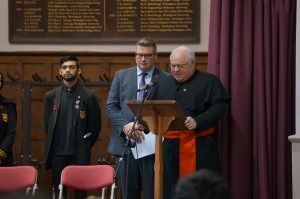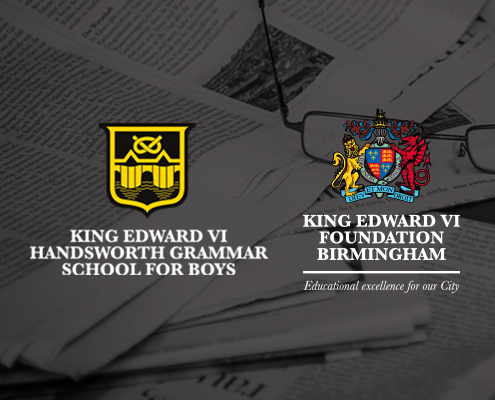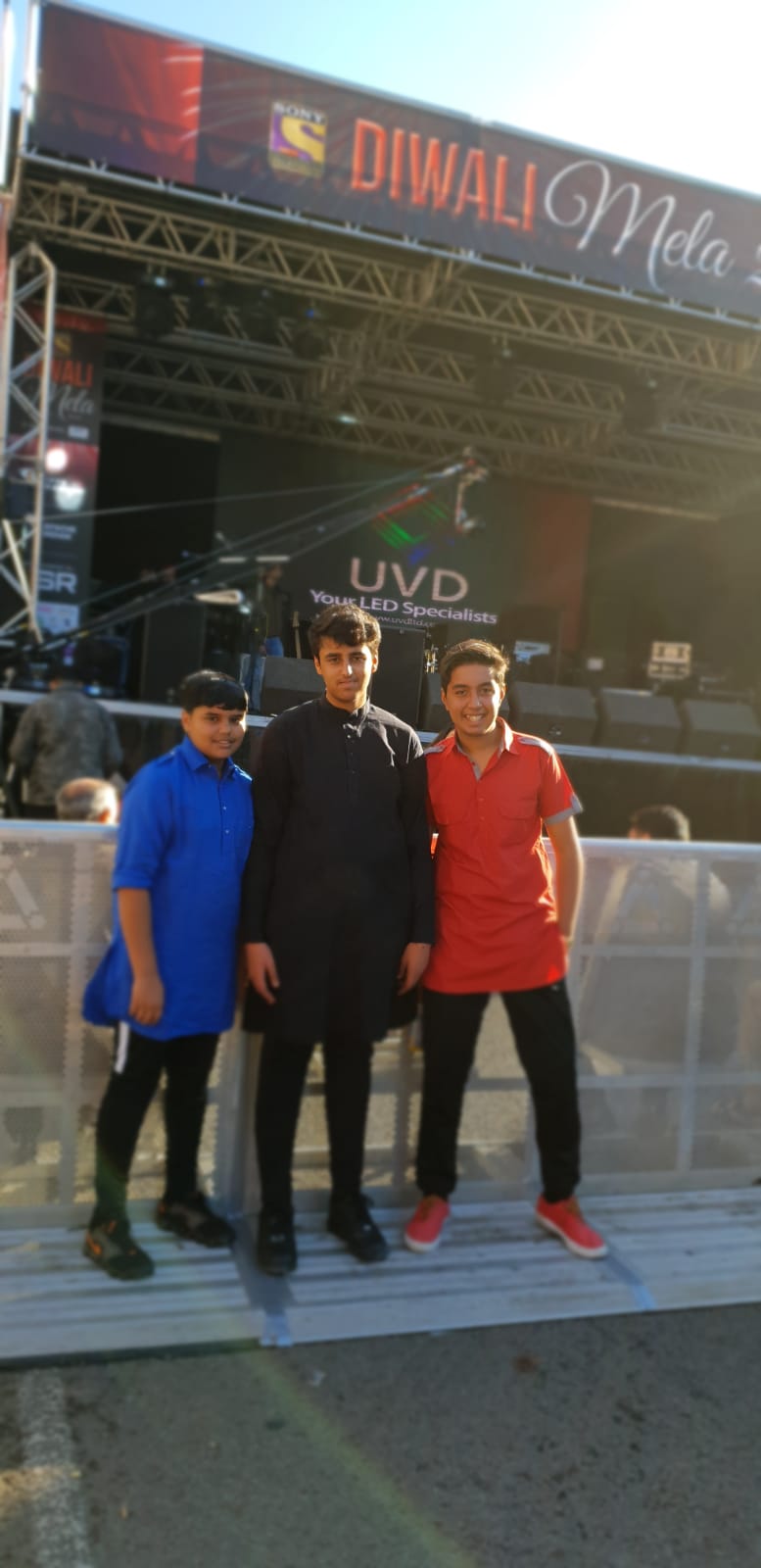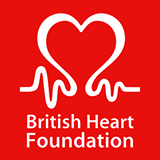Remembrance Assembly 2018
King Edward VI Handsworth Grammar School for Boys held its annual Remembrance Assembly in Big School on Friday 9th November 2018. We were delighted to welcome a number of Governors, Charity Trustees and Old Boys to school to mark the occasion and share in this significant and important annual event. The Reverend Dr Bob Stephen who is Chair of the Governing Body and Rector of Handsworth led the act of Remembrance. The Headmaster delivered a very timely and thought provoking address which highlighted the necessity to work towards peace in all we do. He highlighted that important facets of life such as showing respect and tolerance of each other, being kind and compassionate and celebrating our differences are all highly significant steps on the road to peace.
Dr Bird noted that it was 100 years ago that the guns fell silent and the Great War was over The generation that fought shaped so much of the way life is lived today. The women who worked while their husbands, fathers and brothers were away fighting on the front line helped secure the right to vote. Many advancements also came about from these years, from developments in blood banks, x-rays and reconstructive surgery to the creation of a brand new and harder alloy: stainless steel. We saw so many pioneering developments such as the creation of the RAF and, of course, so much bravery and sacrifice. In the years that followed, The Royal British Legion was established.
In 1915 John McCrae was inspired to write the poem In Flanders Fields as he witnessed the beautiful poppies growing amidst the chaos and destruction of war. The poem later became the inspiration for using the poppy as a symbol of Remembrance and support.
The Senior Prefect team of Nasim Miah, Huda Benrekia, Elias Idjer, Olivia McKnight and Evin Siby all took an active part in the Assembly by reading poems and reflections whilst Nasim laid a wreath at the stained glass window with Mr Simon Farrell who is the President of the Bridge Trust Society. It was a very special event and a fitting tribute to the Old Boys whose names are listed on the memorial plaques in Big School. Big School was full as both Year 7 and Year 13 students attended the assembly whilst the remainder of school observed the occasion in their Form assemblies.
Haec Olim Meminisse Iuvabit

































